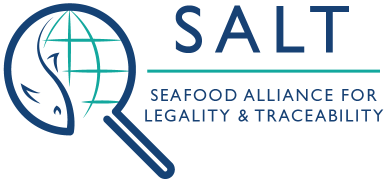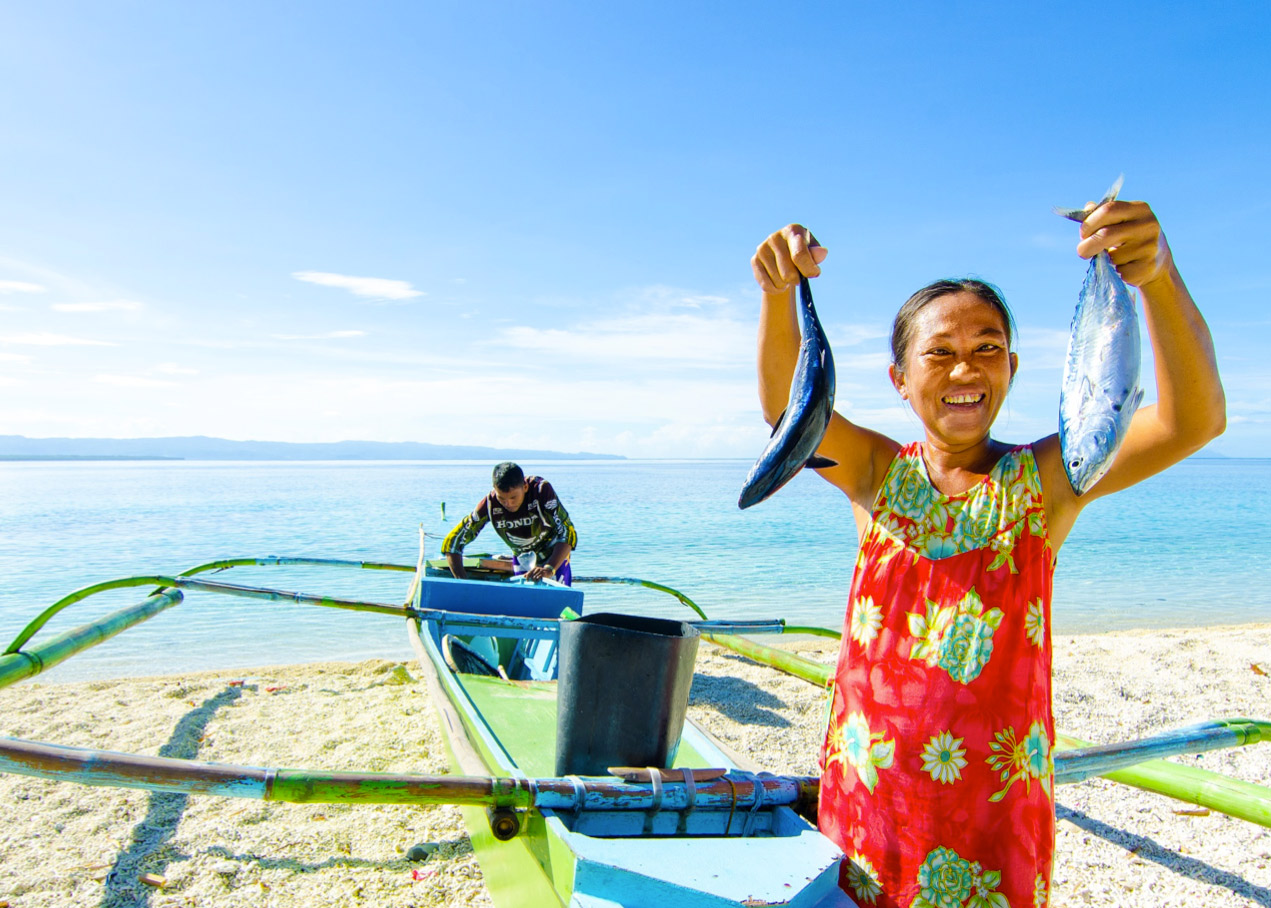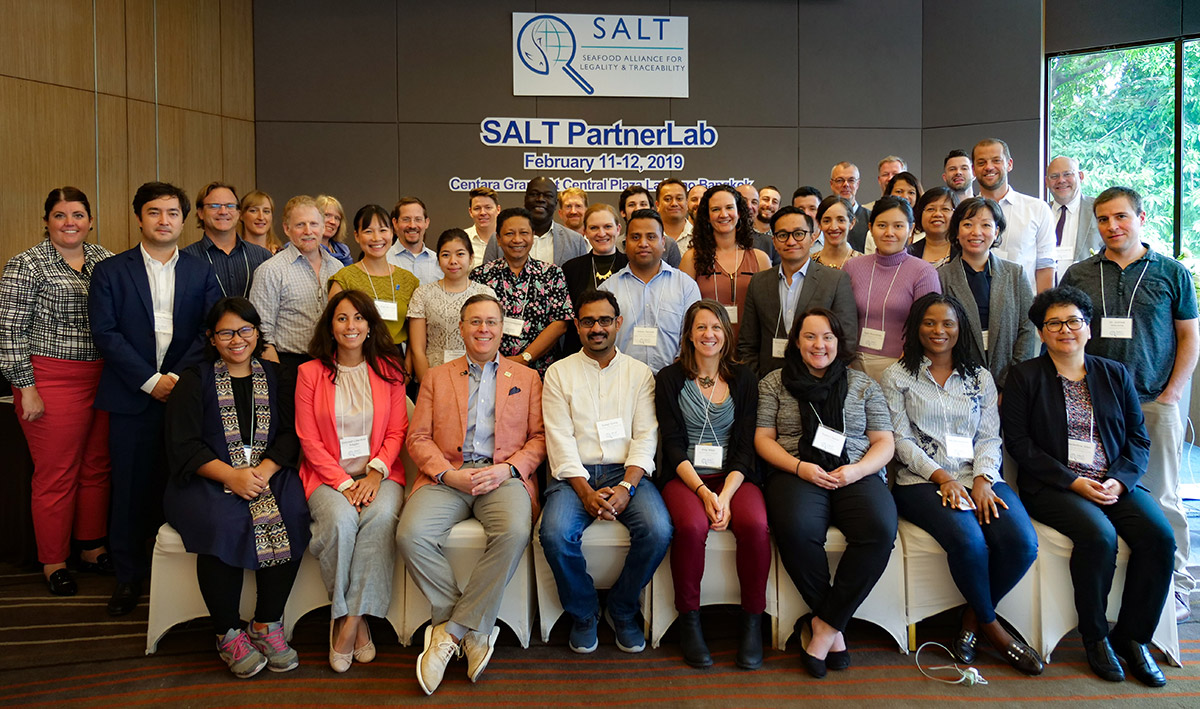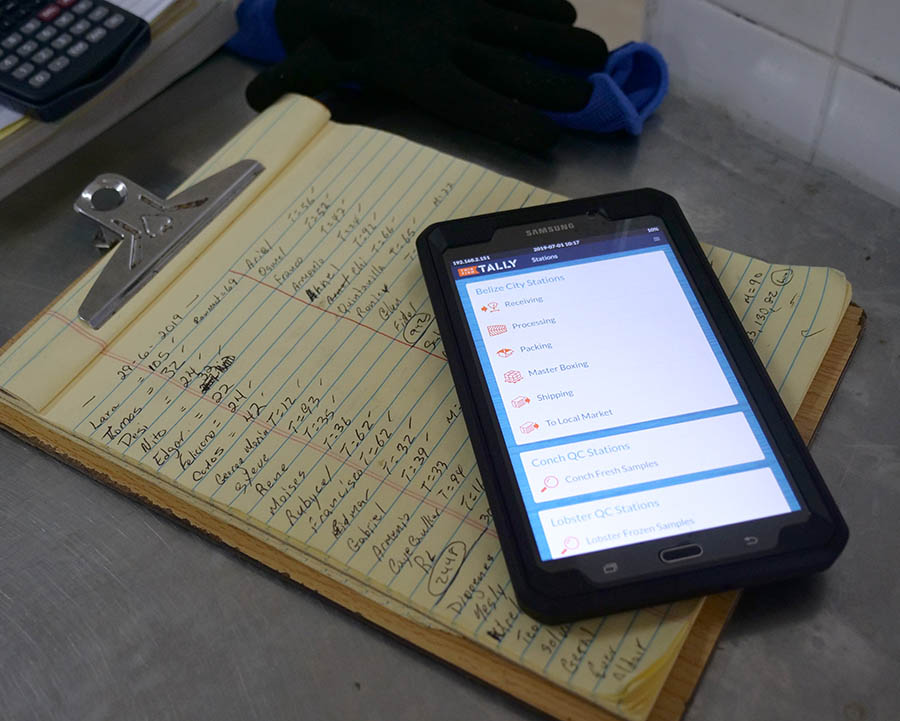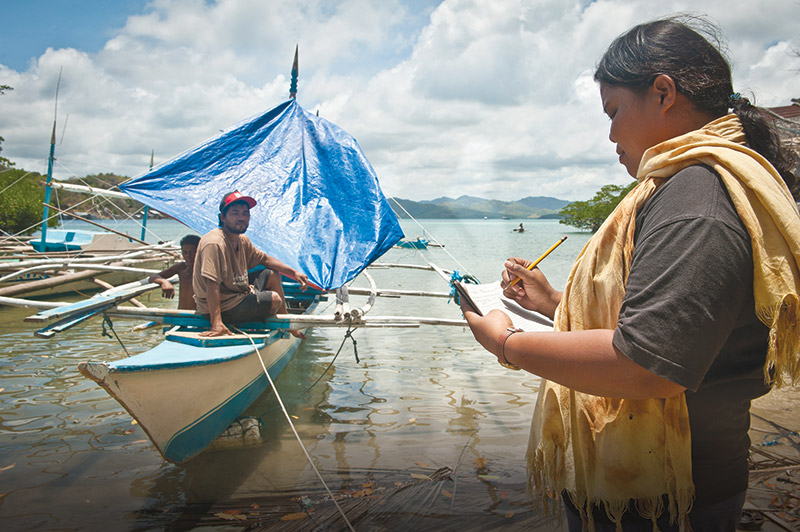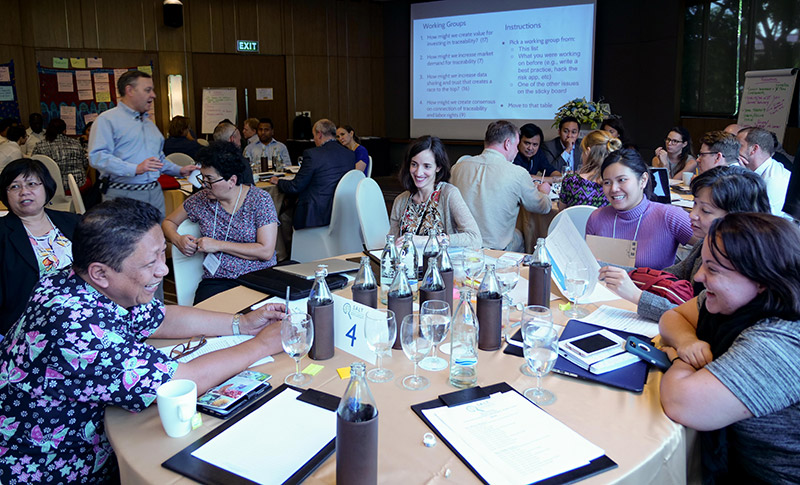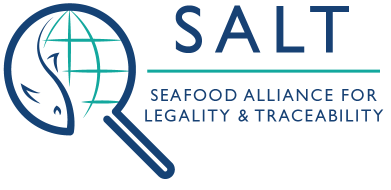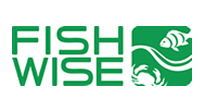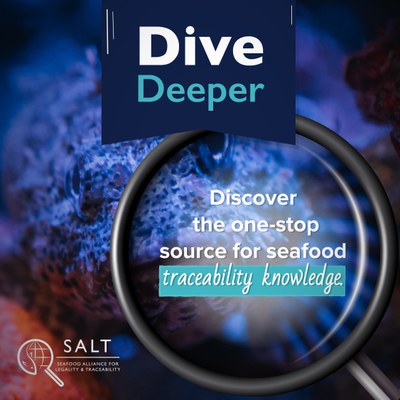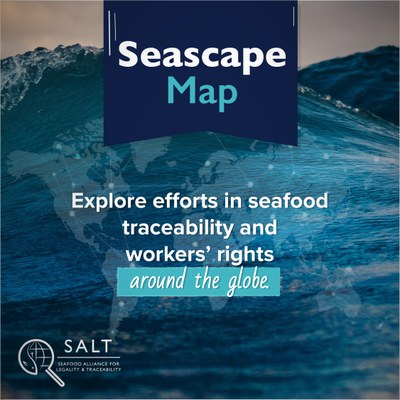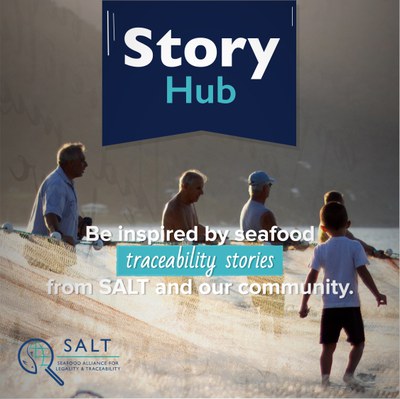The Seafood Alliance for Legality and Traceability (SALT) is a global alliance for knowledge exchange and learning to promote legal and sustainable fisheries through improved transparency in seafood supply chains. SALT brought together the seafood industry, governments, and non-governmental organizations (NGOs) to accelerate learning and support collaboration on innovative solutions for legal and sustainable seafood. It focuses on traceability, the ability to track the movement of seafood through supply chains, and, in particular, electronic seafood traceability systems that address social, economic, and ecological well-being.
Since 2017, SALT has been a public-private partnership between USAID and the Packard, Moore, and Walton Family Foundations and implemented by FishWise. FishWise will carry on key services and convene the SALT community in 2024.
Approach
SALT sprung from the idea that fostering fruitful conversations between industry, government, and civil society encourages us to learn from one another. Over the last several years, many stakeholders have indicated a strong willingness to work together on seafood traceability, particularly those aspects that no group can solve alone. Our alliance has built trust, sparks innovation, and accelerates progress together–rather than in silos.
SALT consulted with its seafood traceability community to seek guidance and expertise on how to use traceability data more effectively to achieve comprehensive benefits that address social and environmental benefits aside from economic ones. For over a year, SALT worked with 35 experts from across the globe that include governments, certification bodies, and processors to create basic Comprehensive Electronic Traceability Principles for Seafood and a detailed pathway to implement them. These represent the best practices that governments in seafood-producing countries should consider when embarking on designing, implementing, or improving their electronic traceability programs. Ultimately, these guidelines aim to support government programs to achieve the full potential of comprehensive electronic traceability.
SALT brought together diverse groups to clarify traceability needs, identify opportunities, and find solutions to electronic traceability barriers. Empowering the seafood industry and governments in seafood-producing countries was a particular focus.
SALT's objectives were to:
- Expand accessible, interoperable, and electronic catch documentation and traceability for wild capture fisheries and aquaculture.
- Increase the capacity of seafood-producing countries to adopt catch documentation and traceability systems to strengthen fishery management and verify fisheries data.
- Increase incentives and capacities for the seafood industry to adopt electronic traceability to ensure the legality of wild-caught fisheries products in their supply chains.
- Identify ways in which the implementation of electronic catch documentation and traceability can support human and labor rights for all seafood workers, food security, livelihoods, and well-being.
SALT’s outreach included collaboration and learning events (in-person and virtual) that convene diverse stakeholders across seafood supply chains. It also included a virtual learning hub on traceability of curated resources and stories and a map of traceability efforts to support knowledge sharing and expertise from other projects from around the world.
Achievements
SALT community grew to more than 2,200 stakeholders from non-governmental organizations, industry, and government including experts from 90 countries and nearly 1,000 organizations, and accelerated the global sustainable seafood movement toward the inclusive design of electronic seafood traceability. In particular, major project achievements include:
- Expanding the notion of eCDT to go beyond economic value, encompassing a holistic definition of economic, social, and environmental benefits.
- Developing the Comprehensive Traceability Principles, a framework for designing or improving an electronic traceability program that can help ensure eCDT programs maximize benefits across the three comprehensive areas.
- Creating an extensive, multi-sectoral SALT community and a resource hub for this community, reaching thousands of stakeholders across the life of the project.
Through SALT, a dynamic community of stakeholders from around the world are accessing, sharing, and applying traceability knowledge and best practices to create comprehensive eCDT programs that are effective and scalable to support economic, ecological, and social well-being overall.
Featured Products
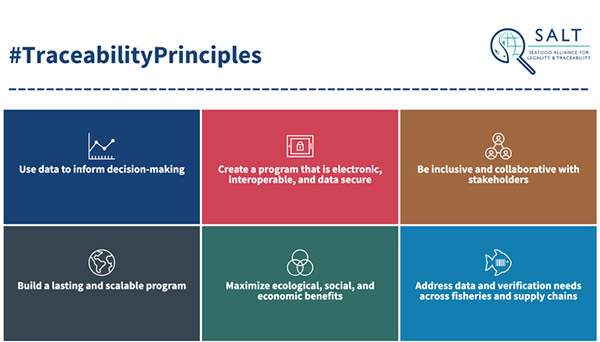
Comprehensive Electronic Traceability Principles for Seafood
These Principles are core ideas to keep in mind when embarking on designing, implementing, or improving electronic traceability programs to reap ecological, social, and economic benefits.
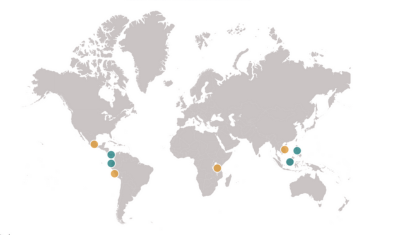
SALT’s In-Country Work
Explore the sites where SALT has visited and where substantial effort has gone into supporting electronic traceability programs.
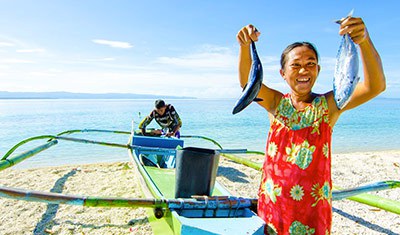
Testimonials
Together through SALT, hundreds of entities shared ideas and collaborated, and the result was an acceleration in the global sustainable seafood movement toward the inclusive design of electronic seafood traceability. Hear the perspectives of experts around the world who have been a part of SALT along its journey.
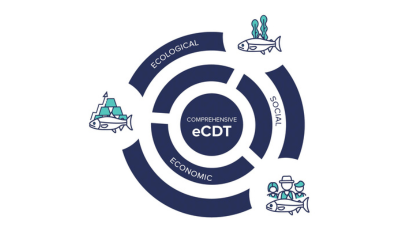
SALT’s Key Products
SALT developed many resources to help accelerate the adoption of electronic catch documentation and traceability (eCDT). Learn more about SALT’s original resources.
WebinarSALT Seafood Comprehensive Traceability Principles and Pathway Webinar Series
This three-part webinar series was designed to provide both conceptual and technical details of the Traceability Principles to help drive the adoption of comprehensive eCDT. In each webinar, SALT’s local partners also shared how the Traceability Principles are implemented in real-life settings.


